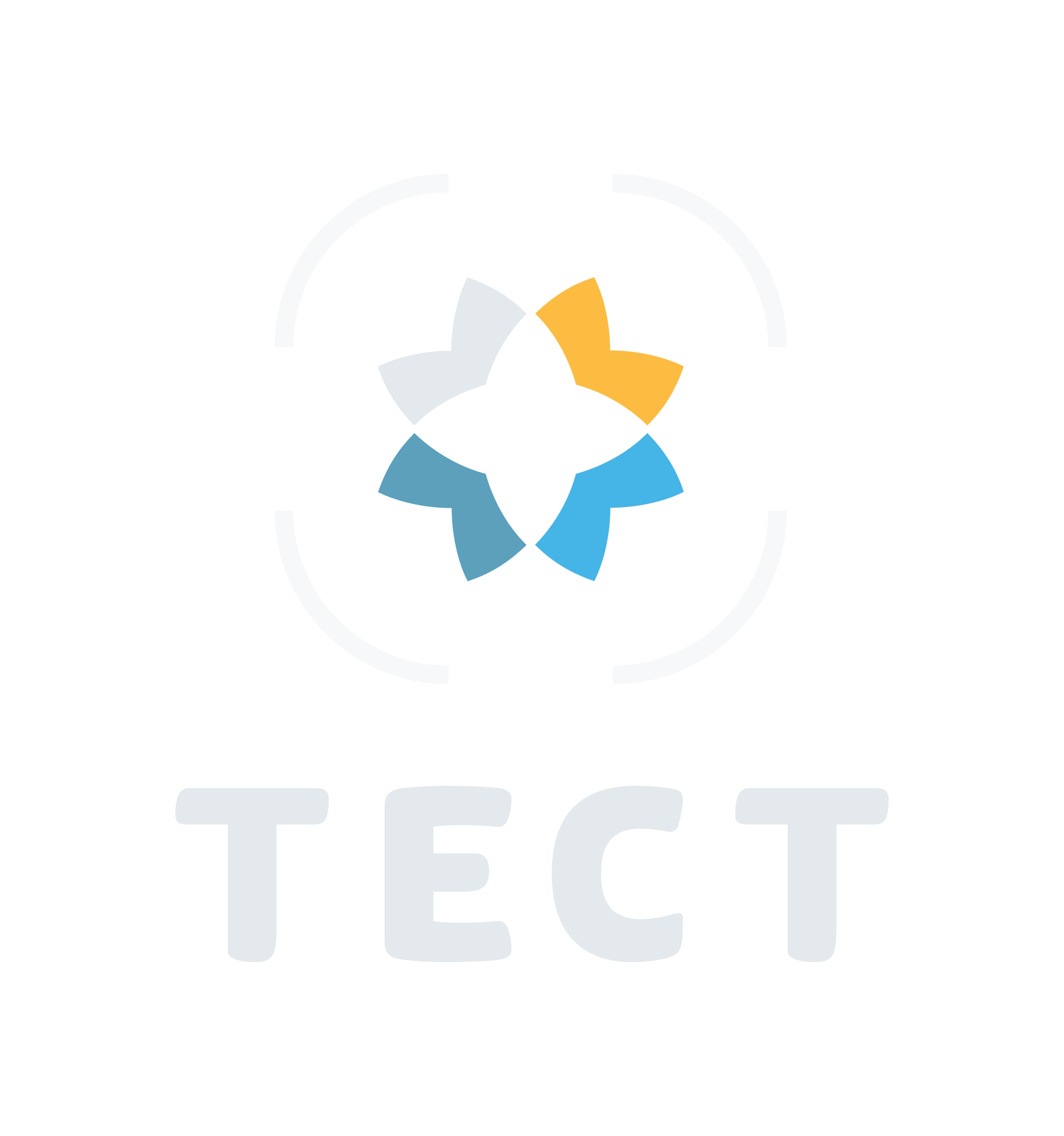Our Investment Approach
Investment Principles and Beliefs
The policies, standards and procedures are documented in a Statement of Investment Policies and Objectives (SIPO) and have been set by the trustees on the basis of investment principles and beliefs.
The principles that drive the current approach are:- Asset allocation is the prime determinant of the performance of a portfolio over the long-term.
- Risk and return are strongly and positively related.
- Diversification can be used to reduce volatility.
- Taxation and the costs of investment management can materially affect the net returns earned by investors.
- The market prices of illiquid assets reflect a premium to investors (in the form of additional investment return) for bearing the risk of not being able to sell the assets on demand at their market value.
The beliefs that drive the current approach are:
- The quality of the governance of an investment program has a direct effect on the level of risk-adjusted returns generated by the program.
- Active management is a valid investment strategy – the trustees believe there are opportunities for active management to generate higher returns and manage risk where sufficient market inefficiencies exist.
- There is an incremental return over time associated with the hedging of foreign currency risk in a New Zealand-domiciled portfolio due to the existence of an exchange risk premium.
- Investors with a long-term horizon can outperform more short-term focused investors over the long-run.
Structure of Governance
The trust consists of a board of six trustees that are elected by the community for terms of four years. Trustees continuously review and adopt global best practices in the oversight of the trust’s portfolio. The day-to-day operations of the trust are managed by a Chief Executive and staff.
Trustees recognise that specialist advice and/or services may be required in the areas of taxation, portfolio management and investment management, and seek the assistance of third-party providers as required. Professional advisors must be independent of investment managers and providers of managed fund products.
The trustees have appointed Frontier Advisors as the Trusts investment advisor to provide strategic advice, to assist the trustees to develop their investment policies and to help evaluate the performance of the Diversified Portfolio and the Trust’s investment managers. Frontier Advisors has been at the forefront of delivering investment advice and technology to institutional investors for more than 25 years. They provide advice on $600B of assets across the superannuation, charity, public, insurance and higher education sectors.
Our strategic objectives for our investments are:
To invest the assets of the Diversification Portfolio with the aim of generating sufficient total investment returns over the long-term to:
• Meet the costs of managing the Diversification Portfolio;
• Comply with the distribution policy; and
• Maintain the real (inflation-adjusted) value of the Diversification Portfolio to maintain fairness between present and future generations.
Investment strategy
Global equities
Australasian equities
Private Infrastructure (Global)
Private Property (Australasian)
Listed Property (Global)
Private Equity
Impact Investments
NZ Cash
Strategic Asset Allocation
The SAA adopted by the trustees as the target mix of asset classes to which the Diversification Portfolio will be managed, as a matter of policy, is shown below:
Asset Class | Policy Allocation | Range |
Global Equities - Developed | 42.1% | 35% - 45% |
Global Equities - Small Caps | 5.4% | 3% - 7% |
Global Equities - Emerging | 6.5% | 3% - 9% |
Australasian Equities | 9.0% | 6% - 12% |
Private Infrastructure (Global) | 9.0% | 6% - 12% |
Private Property (Australasian) | 7.9% | 5% - 11% |
Listed Property (Global) | 2.0% | 0% - 4% |
Private Equity | 6.3% | 3% - 9% |
Impact Investments | 10.0% | 3% - 9% |
NZ Cash | 1.8% | 0% - 5% |
Total Growth Assets | 84.75% | 3% - 9% |
*Frontier classifies the following asset classes as 100% growth: Listed Equities, Listed Property and Private Equity.
*Frontier classifies the following asset classes as 50% growth: Private Infrastructure, Private Property and Impact.
Spending Policy
The Trustees aim to distribute in any given financial year a sum equal to 4.0% of the market value of the Diversification Portfolio.
Current Fund Managers
Global Equities
Vanguard Investments | Vanguard International Small Companies Index Fund | |
Mercer | Mercer Hedged Overseas Shares Index Portfolio | |
Bennelong Funds Management | Skerryvore Global Emerging Markets All-Cap Equity Fund |
Australasian Equities
Nikko Asset Management | Nikko AM Wholesale Core Equity Fund | |
Castle Point Funds | Trans-Tasman Fund |
Private Infrastructure (Global)
Mercer | Mercer Unlisted Infrastructure Portfolio |
Private Property (Australasian)
Mercer | Mercer Unlisted Property Portfolio |
Listed Property (Global)
Resolution Capital | Resolution Capital Global Property Securities Fund |
Private Equity
Continuity Capital Partners | Private Equity Fund No.2, Fund No.4 and Fund No.6 | |
HarbourVest Partners | HarbourVest Partners Stewardship Feeder Fund LP | |
LGT Capital Partners | Crown Global Opportunities VII Fund | |
Oriens Capital | Oriens Capital Private Equity Fund No.1 and Fund No.2 | |
Pencarrow Private Equity | Pencarrow Bridge Fund | |
Pioneer Capital | Pioneer Capital Partners Fund IV | |
Waterman Private Capital | Waterman Fund 3 and Fund 4 |
Impact Investments
Enterprise Angels | Fund No.2 and Fund No.3 | |
Purpose Capital | Impact Fund | |
WNT Ventures | Fund No.2 and Fund No.3 | |
You Own | Bay of Plenty Housing Limited Partnership | |
BOP Housing Equity Fund | Initial Fund |
Cash
Nikko Asset Management | Nikko AM Wholesale NZ Cash Fund |




